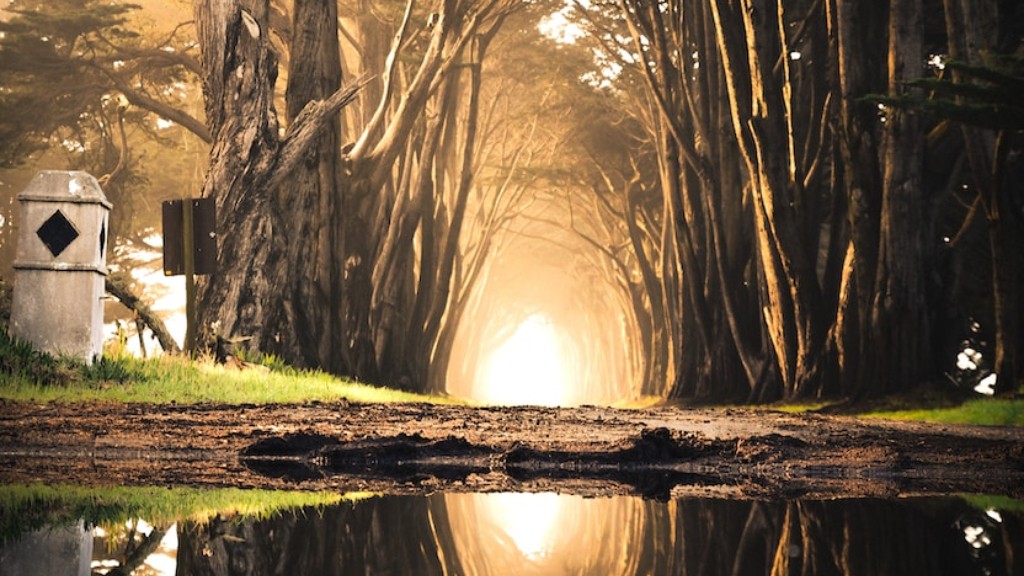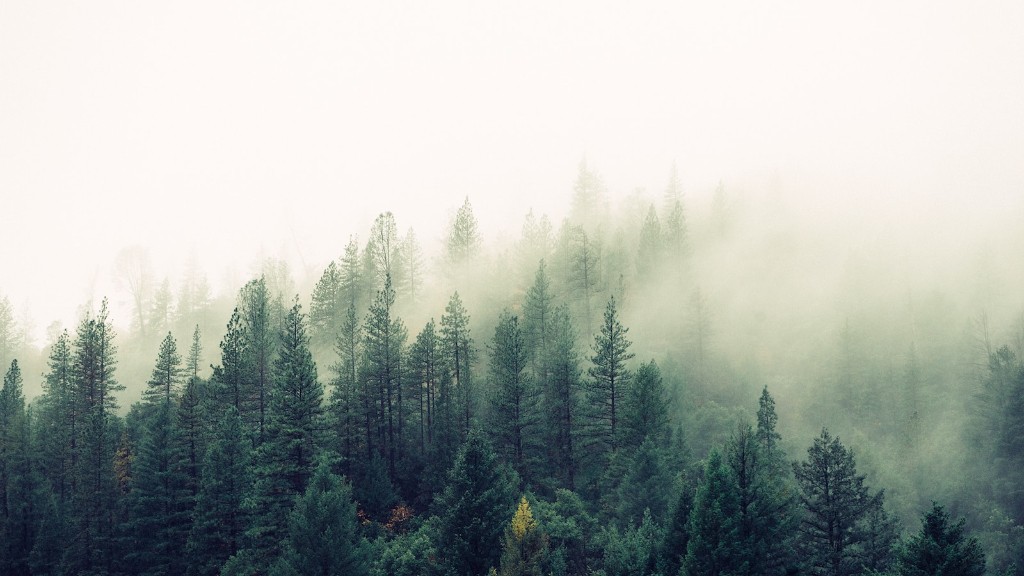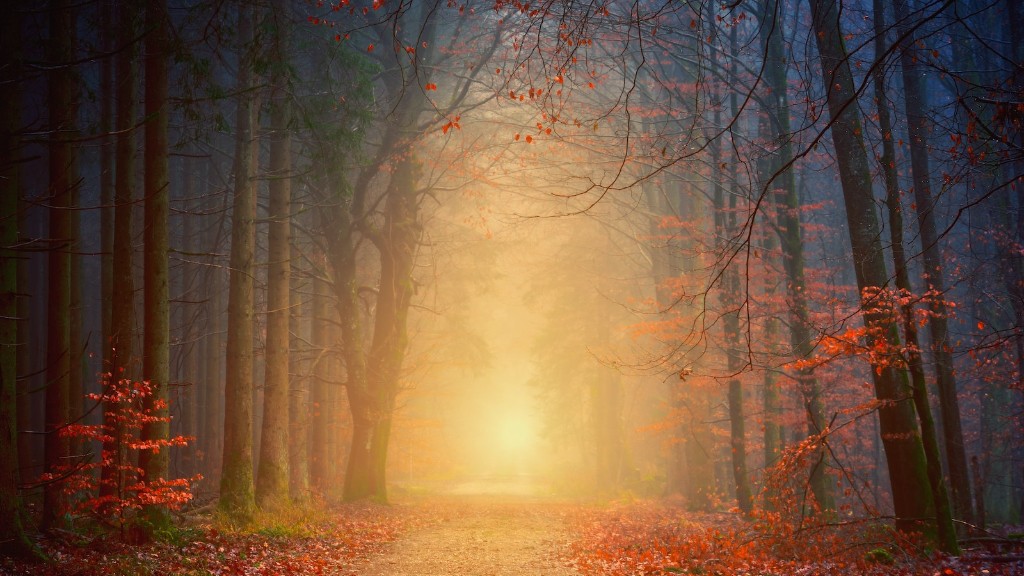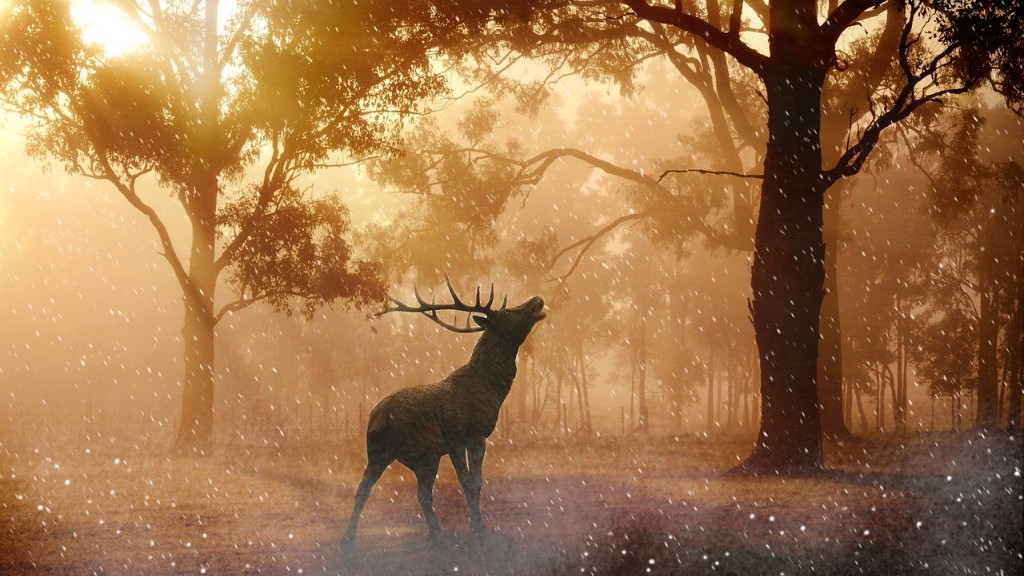Golden Orb Spider in the Daintree Rainforest
The Daintree Rainforest in Australia is a biologically diverse region, home to numerous unique species. Among these is the golden orb spider (Nephila pilipes), an arachnid known for its impressive size and striking appearance. This remarkable creature has fascinated researchers and nature enthusiasts alike for its intriguing behaviors and ecological significance.
The golden orb spider receives its name from the distinctive golden silk it produces to create its intricate webs. These silk strands are incredibly strong, capable of capturing large prey such as insects, small birds, or even bats. Some webs of the golden orb spider can span up to one meter in diameter, making them one of the largest spider webs in the world.
Experts believe that the golden orb spider’s silk has evolved to appear golden to attract more insects. The color acts as a visual signal, indicating to potential prey that the web is a safe place to land. Additionally, the golden hue helps the web blend into the surroundings, making it harder for predators to detect.
The Daintree Rainforest provides an ideal habitat for the golden orb spider due to its warm and humid climate. This region also offers an ample supply of prey species, supporting the spider’s population. However, climate change poses a significant threat to the delicate ecosystem of the Daintree Rainforest, potentially impacting the golden orb spider and its survival.
Climate scientists predict that rising temperatures and changes in rainfall patterns could alter the Daintree Rainforest’s ecosystem dynamics. Such alterations may lead to a decrease in insect populations or the arrival of new competitors, impacting the availability of prey for the golden orb spider. Furthermore, extreme weather events like cyclones could destroy the spider’s intricate webs, disrupting their hunting strategies and potentially affecting their reproductive success.
To reduce the impact of climate change on the golden orb spider and other unique species in the Daintree Rainforest, conservation efforts are crucial. Protecting the rainforest’s biodiversity through the establishment of nature reserves, habitat restoration, and sustainable tourism practices can help preserve the delicate balance of this unique ecosystem.
The Role of Golden Orb Spiders in the Ecosystem
The presence of golden orb spiders in the Daintree Rainforest plays a vital role in maintaining the ecosystem’s health and balance. As predators, they contribute to controlling the population of insects, assisting in regulating insect populations that could otherwise become overwhelming.
Furthermore, as golden orb spiders capture larger prey, their webs often trap small birds and bats. While unintended, this occurrence can provide an additional food source for the spiders and prevent an overpopulation of certain species in the rainforest. It showcases the interconnectedness of species and highlights the delicate interplay within the ecosystem.
Threats to the Golden Orb Spider
Despite their abilities and contributions to the ecosystem, the golden orb spider population faces several threats that endanger their survival. Habitat destruction remains a primary concern as human activities continue to encroach upon the Daintree Rainforest. Deforestation, logging, and urbanization can disrupt the spider’s habitat, leaving them with limited space to thrive.
Additionally, pollution and pesticide use pose indirect threats to the golden orb spiders. As chemicals enter the rainforest’s delicate ecosystem, they can harm the insects that the spiders rely on for food. This reduction in food availability directly impacts the survival and reproductive success of golden orb spiders.
Conservation Efforts and Future Outlook
Efforts are underway to protect the Daintree Rainforest and preserve the habitat of the golden orb spider. Organizations and local communities are advocating for increased conservation measures, such as sustainable logging practices and reduced pesticide use.
Despite these ongoing efforts, the future of the golden orb spider remains uncertain. The long-term impacts of climate change and habitat destruction must be continuously monitored, and further action is needed to ensure the survival of this remarkable species. The golden orb spider serves as a symbol of the delicate balance within ecosystems and the importance of preserving biodiversity for future generations.



